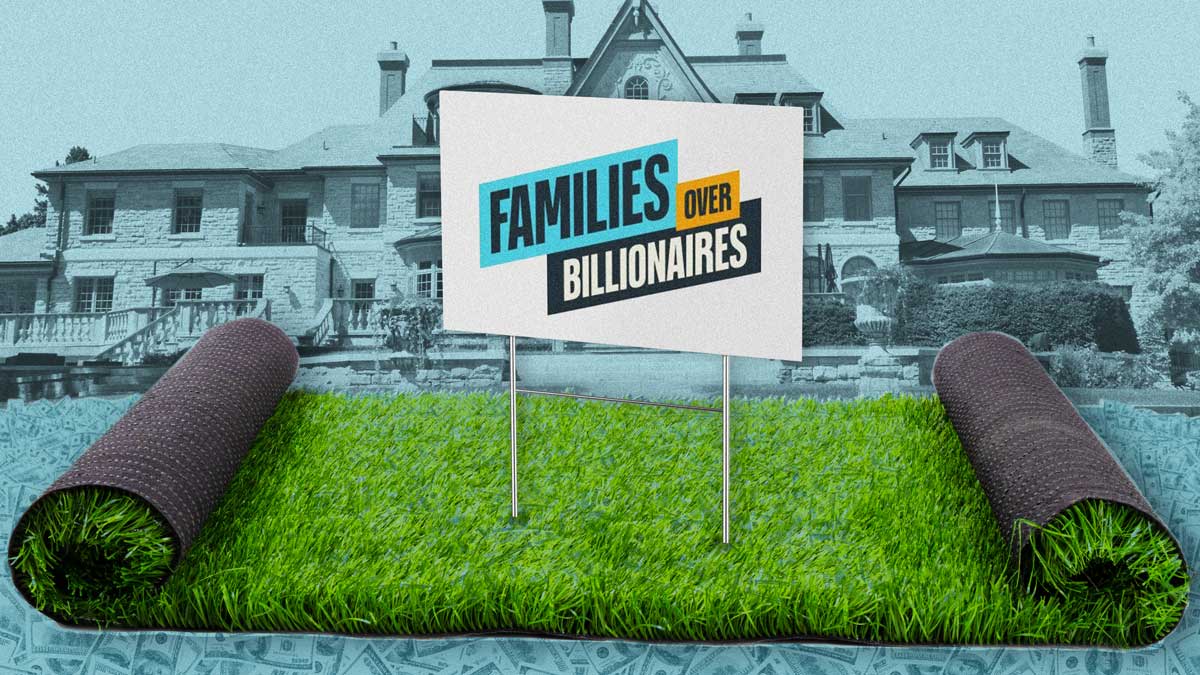Two-thirds of American millionaires don't consider themselves wealthy, survey says
A million bucks isn't what it used to be. Just ask American millionaires, a number of whom say they don't even consider themselves wealthy.
To be sure, how far $1 million takes you can depend on a number of factors, including where you live and whether or not you support dependents. But the rest, apparently, is subjective.
Only one-third of American millionaires — or those with at least $1 million in investible assets — consider themselves "wealthy," according to a new study from Northwestern Mutual, a financial services firm. While two-thirds of millionaires might not feel rich, their substantial financial assets do afford them a greater sense of financial clarity over spending decisions, and preparedness compared with the general population, according to the survey.
And at a time when many Americans say they are woefully underprepared for retirement, 87% of these high-net worth individuals say they expect to be financially prepared for their golden years. That compares with 54% of the general public who say as much, according to Northwestern Mutual's survey.
Majority say they are "self-made"
When it comes to how they amassed their wealth, almost eight in 10 millionaires consider themselves "self-made."
By contrast, only 11% say they inherited their wealth, and 6% say they obtained it through a windfall event, like winning the lottery.
Financial discipline and planning can also play a significant role in reaching or surpassing the $1 million net-worth threshold. According to the survey, 78% of millionaires consider themselves "disciplined financial planners," compared with 45% of the general population who describe themselves this way.
Of course, it can be difficult to accumulate wealth even when one budgets and plans responsibly, particularly as food prices remain stubbornly high, and make affording the basics difficult.
And in larger U.S. cities, even Americans with higher incomes struggle to afford a home. Higher income earners — defined as those in the top 30% — can't comfortably afford to buy a home at any age in Boston, Denver, Los Angeles, New York, Sacramento, San Diego and Seattle, according to data from real estate investing platform Arrived. By contrast, in 2001, the top 30% of income earners could afford homes in some of these cities as early as age 24.





